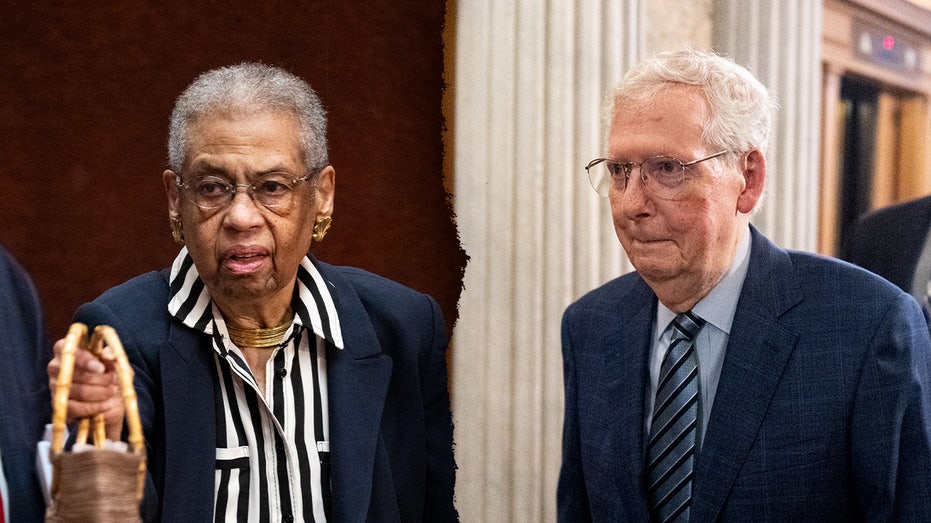The halls of Congress are witnessing a quiet crisis – a demographic shift towards an increasingly aging body of lawmakers. The 119th Congress stands as one of the oldest in American history, sparking a difficult, yet necessary, conversation about fitness for office well into one’s 80s and even 90s. It’s a question that touches upon power, legacy, and the very capacity to serve.
While many defend their colleagues, acknowledging that age is a deeply personal matter, a current runs beneath the surface. Some privately admit to witnessing a decline in colleagues, a noticeable slowing down that raises concerns about effective representation. The issue isn’t simply about years lived, but about the vigor required to navigate the complex demands of modern governance.
The debate isn’t new, resurfacing periodically with each incident that draws attention to the physical and mental demands of the job. A recent fall by a senior Senator, coupled with reports questioning the mental acuity of a long-serving Delegate, have reignited the discussion. These moments force a reckoning with the realities of aging and the responsibilities of public service.
Representative Brendan Boyle, a leading voice on the House Budget Committee, frames the issue as a societal one, not solely confined to Congress. He candidly describes observing colleagues whose capabilities have diminished with age, while others maintain remarkable energy and focus. It’s a stark contrast that highlights the individual nature of the challenge.
The late Senator Dianne Feinstein’s final years serve as a poignant example. A trailblazing figure whose career spanned decades, her later term was shadowed by questions about her health and ability to fully perform her duties. Boyle reflects on the tragedy of allowing a remarkable legacy to be diminished by a prolonged tenure, a heartbreaking scenario many fear.
The question isn’t necessarily about imposing arbitrary age limits, but about self-awareness and the courage to step aside. Several lawmakers acknowledge the powerful grip of power and the reluctance to relinquish it, even when personal capabilities may be waning. It’s a human tendency, but one with significant consequences for the nation.
Others emphasize the importance of voter judgment, trusting the American people to assess their representatives’ effectiveness. However, even those who defend the current situation concede that some lawmakers remain in office for too long, clinging to positions they should have vacated. The line between experience and overstaying one’s welcome is becoming increasingly blurred.
A strong counterargument warns against ageism, emphasizing that age is merely a number and that dedication and effectiveness should be the primary criteria for evaluation. Lawmakers point to high-performing veterans like former Speaker Nancy Pelosi, demonstrating that age doesn’t automatically equate to diminished capacity.
Ultimately, the conversation boils down to a delicate balance. It requires honest self-reflection from lawmakers, vigilant oversight from voters, and a willingness to confront uncomfortable truths about the realities of aging and the demands of public office. It’s a discussion that will only grow more critical as the demographic trends in Congress continue to shift.
For newer members, the issue is a distant consideration, a challenge for a future they haven’t yet reached. But even they recognize the importance of maintaining the energy and focus required to effectively serve their constituents, a commitment that must endure throughout their careers.






